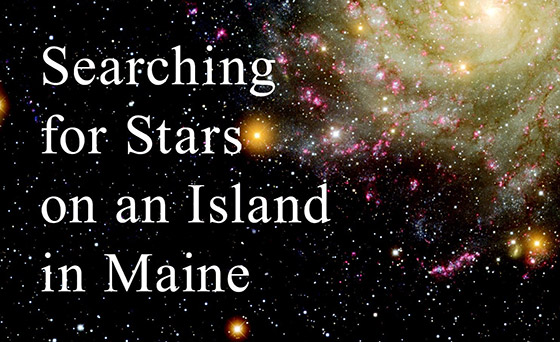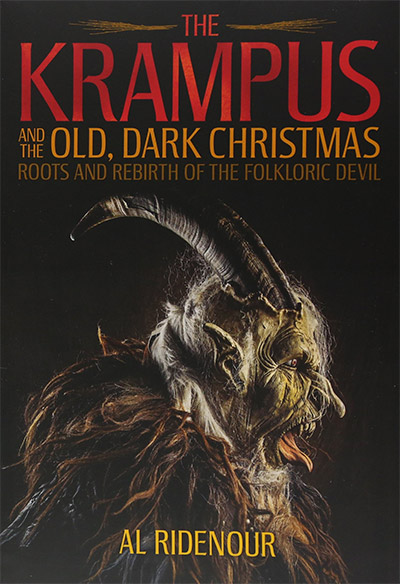Does a scientific understanding of the world erase its emotional impact or spiritual power? Michael Shermer reviews Searching for Stars on an Island in Maine by Alan Lightman. This review was originally published online in the New York Times on June 25, 2018 under the title “Must Science Conflict With Spirituality?”
Falling Into Infinity
In 1801 the English poet Samuel Taylor Coleridge calculated the impact ratio of scientists to poets thusly: “the souls of 500 Sir Isaac Newtons would go to the making up of a Shakespeare or a Milton.” Defending his 1820 poem “Lamia,” Coleridge’s contemporary poet John Keats growled that Isaac Newton had “destroyed the poetry of the rainbow by reducing it to a prism,” lamenting that natural philosophy (science) will “unweave a rainbow.”
Does a scientific understanding of the world erase its emotional impact or spiritual power? Of course not. Science and spirituality are complementary, not conflicting. As the physicist Richard Feynman reflected in a 1981 BBC interview The Pleasure of Finding Things Out in recalling a conversation with an artist friend about appreciating a flower: ”the beauty that he sees is available to other people and to me too, I believe. At the same time, I see much more about the flower than he sees. I could imagine the cells in there, the complicated actions inside, which also have a beauty. The fact that the colors in the flower evolved in order to attract insects to pollinate it is interesting; it means that insects can see the color. It adds a question: does this aesthetic sense also exist in the lower forms? Why is it aesthetic? All kinds of interesting questions which the science knowledge only adds to the excitement, the mystery and the awe of a flower. It only adds.”Spirituality is a way of being in the world, a sense of one’s place in the cosmos, a relationship to that which extends beyond ourselves. I call this sciencuality, a neologism that echoes the sensuality of discovery. “Our contemplations of the cosmos stir us,” the astronomer Carl Saganwaxed poetic in the opening scene of his documentary series Cosmos, one of the most spiritual expressions of science ever produced. “There’s a tingling in the spine, a catch in the voice, a faint sensation as if a distant memory of falling from a great height. We know we are approaching the grandest of mysteries.” […]
MONSTERTALK EPISODE 162
Krampus in July
On a hot Summer day it’s nice to cool off and contemplate the hairy, horned winter monster of the Alps known as The Krampus. In MonsterTalk # 162, Blake interviews Al Ridenour, author of The Krampus and the Old Dark Christmas. Al is also the host of the folklore and pop-culture podcast Bone & Sickle.
Get the MonsterTalk Podcast App and enjoy the science show about monsters on your handheld devices! Available for iOS, Android, and Windows. Subscribe to MonsterTalk for free on iTunes.





